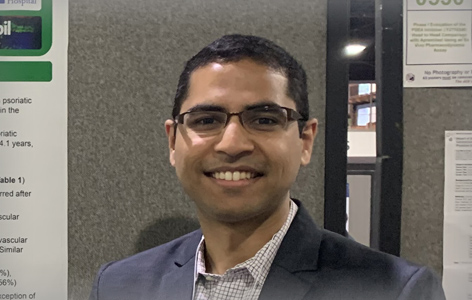
Conference: 2019 American College of Rheumatology (ACR) Annual Meeting, November 8–13, Atlanta, Georgia, USA
Conference Highlight: The 2019 ACR Annual Meeting highlighted improvements in patient treatment and disease activity based on the latest clinical drug trials.
Conference Summary:
The ACR Annual Meeting is the largest scientific conference for health care professionals, researchers and trainees working in the field of rheumatology, which is the branch of medicine dealing with diseases that affect the body’s joints, muscles, bones and immune system. This year’s meeting drew over 16,000 attendees from around the world and included exceptional sessions from leading rheumatology experts.
Over three days, the plenary sessions featured some of the best rheumatology research. One notable highlight was a study by Dr. Shivani Garg (University of Wisconsin) and colleagues. They studied the outcomes of 336 patients with lupus over a 14-year period. The team found that African-American patients in the cohort had an eight-fold higher rate of cardiovascular events, such as heart attack and stroke, compared with Caucasians.
Another intriguing talk was by Dr. Atul Deodhar from Oregon Health & Science University. He presented results of a clinical trial where patients with psoriatic arthritis were randomized to receive a monoclonal antibody therapy (guselkumab) or placebo. These patients had failed TNF inhibitor therapy, which is considered the first choice of treatment. If patients do not respond well to this initial treatment, other and potentially more aggressive treatments, such as monoclonal antibodies, are considered. Patients who were treated with guselkumab had significantly lowered disease activity compared to the placebo. Serious adverse events and serious infections affected 2.4% and 0.5% of patients, respectively.
Overall, the meeting was an outstanding experience and presented many learning opportunities. Because the meeting featured an excess of content, educational resources and presentations were made available online following the meeting. Prospective attendees can look forward to learning more about rheumatic diseases in both the basic science and clinical research fields at future ACR meetings.




